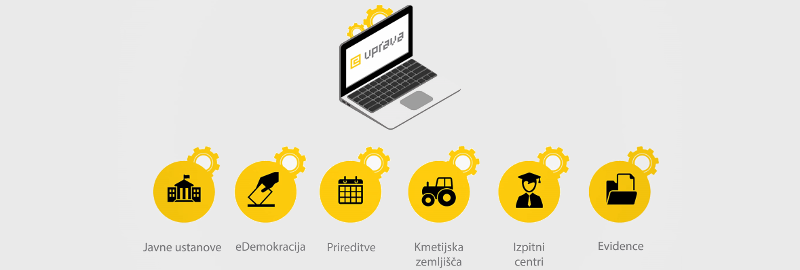Key findings:
- Due to its size, Slovenia has the advantage of reacting quickly and agilely in the formulation and implementation of digital government policy and making great efforts for digitalisation, economic development and social welfare.
- Slovenia could improve coordination and strengthen its vision and analytical approach to support the digital transformation of the public sector.
- Slovenia needs to involve the stakeholder ecosystem in the preparation of future digital and or data strategies.
- The state would benefit from a digital environment and digital culture to develop and sustain a digital workforce. Slovenia could give priority to investing in training people and infrastructure at all institutional levels.
- Slovenia has the potential to improve public services through partnerships and cooperation between local and central governments.
- GOV.SI and eUprava.si have simplified the experience of access to government services and information, and other channels and services should also be simplified.
- The further use and development of SI-PASS digital certification and e-signatures is crucial.
- Closing the gap in the strategic and tactical aspects of data management is crucial.
- Leading and shaping the digital transformation of the public sector will enable Slovenia to make full use of digital technologies for the development of the digital economy and a healthy digital society.
The full OECD report can be found HERE.







